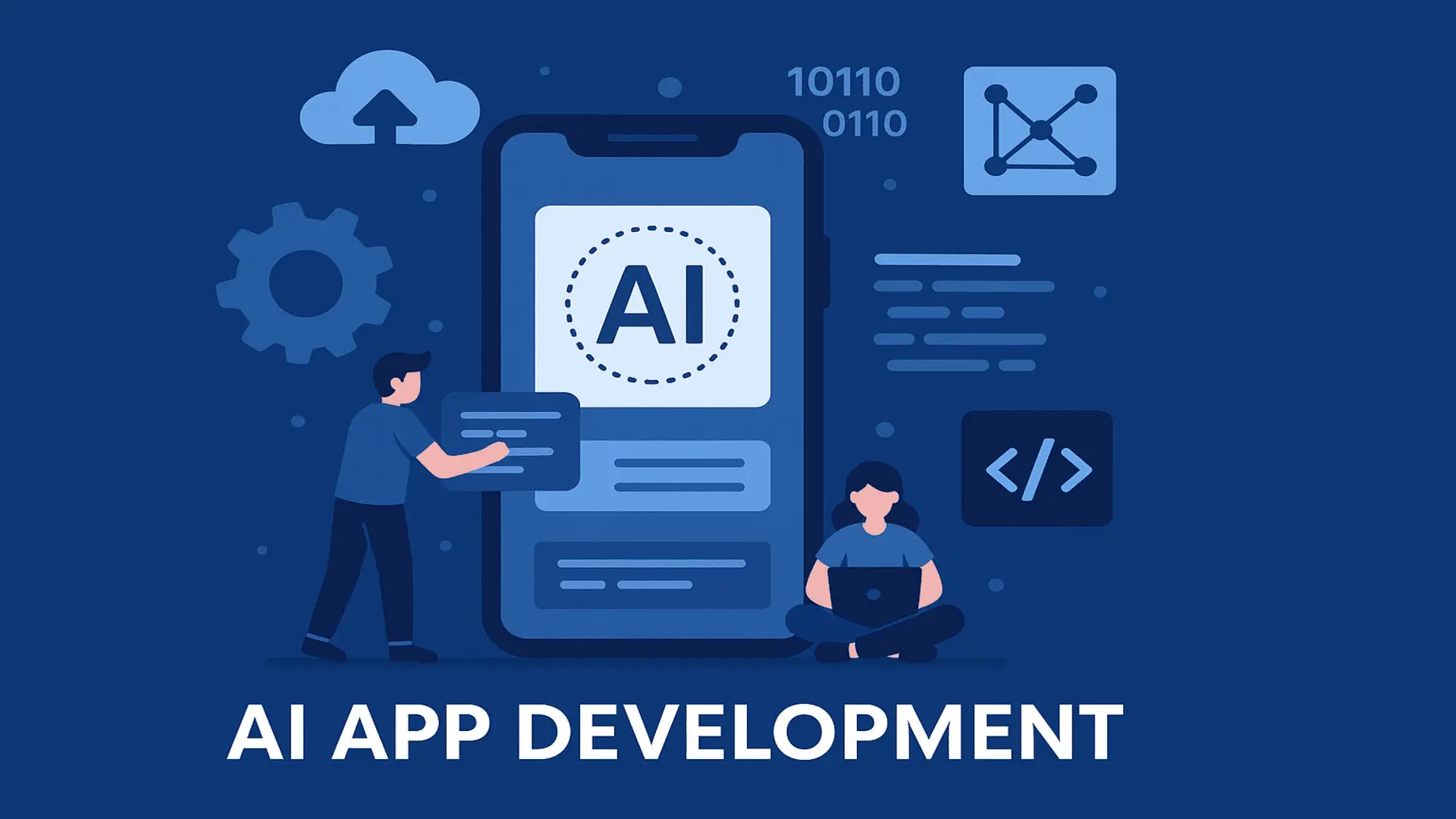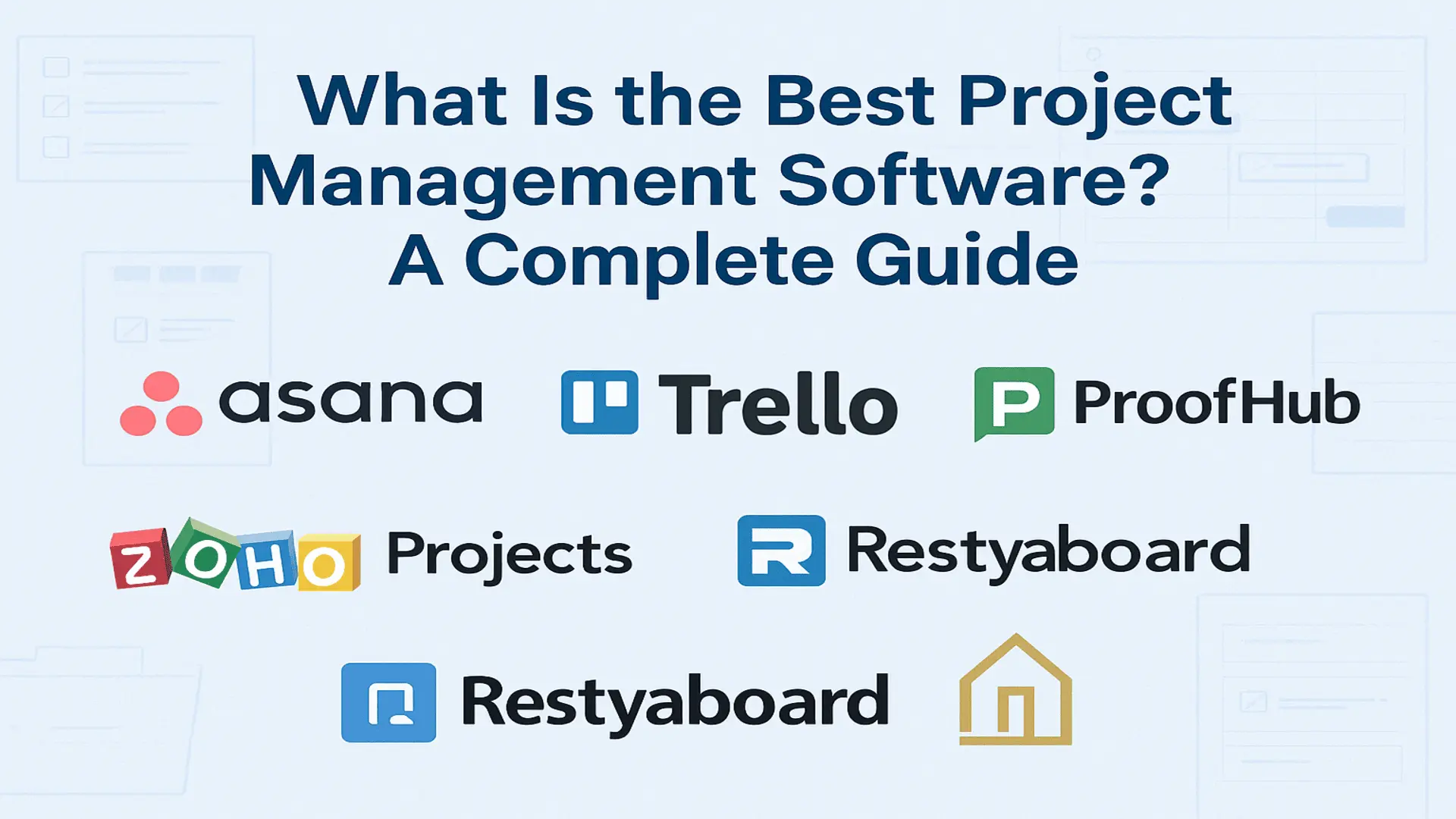Does Fixed Price Software Development Win Over Time & Materials Model?

Software development is a crucial part of modern business operations, with companies investing heavily in custom software solutions to meet their specific needs.
To ensure a successful outcome, it’s essential to have a clear and well-defined software development contract in place.
Two of the most common types of software development contracts are –
- Fixed price software development and
- Time and materials contracts.
In this article, we’ll explore the key differences between these contract models, their pros and cons, and which option might be the best fit for your project.
Whether you are a client looking to hire a software development team or a developer looking to clarify your contract terms, understanding the different contract models available can help ensure a successful and satisfying outcome for all parties involved.
Let’s begin with understanding the ‘fixed price software development’ contract.
What is Fixed Price Software Development?
A fixed price software development contract is a type of contract that outlines a predetermined cost for the software development project. This means that the client agrees to pay a set price for the entire project, regardless of how long it takes the development team to complete the work.
- Under a fixed price software development contract, the scope of the project, timeline, and budget are clearly defined and agreed upon by both parties before the project begins. This allows clients to have a predictable cost for their software development project and helps to ensure that the development team delivers the project on time and within budget.
- Fixed price software development contracts are ideal for clients who have a well-defined project scope and a limited budget. They are also suitable for projects where the project requirements are unlikely to change significantly during the development process. By agreeing to a fixed price software development model, the client can have more control over their budget and can avoid any unexpected costs.
- However, fixed price software development contracts can be risky for developers as they are responsible for delivering the project within the agreed budget, even if they encounter unforeseen challenges during the development process. In such cases, the development team may need to cut corners or compromise on the quality of the final product to meet the deadline and budget, which can lead to unsatisfied clients.
Overall, they can be an excellent option for well-defined software development projects with clear requirements, timelines, and budgets. However, both parties should carefully review and agree on the contract terms to prevent misunderstandings or unexpected costs later.
What is Time and Materials Software Development?
In a time and materials software development contract, the development team bills the client based on the actual time and expenses incurred during the project. In this type of contract, the development team determines the project cost based on the number of hours worked and any additional expenses like materials, travel, or equipment.
Under a time and materials contract, the scope of the project and the timeline are typically less defined than in a fixed price contract. This allows for more flexibility in terms of project requirements, and the client can make changes or adjustments to the project scope as needed during the development process.
Time and materials contracts are ideal for clients who have less-defined project requirements or those who require more flexibility during the development process. They are also suitable for larger and more complex projects that are difficult to estimate accurately at the outset.
However, time and materials contracts can be risky for clients as the final cost of the project may be higher than expected if the development team encounters unforeseen challenges or if the project scope expands significantly during the development process.
Overall, time and materials contracts can be an excellent option for clients who require more flexibility during the development process or for larger and more complex projects. However, both parties must carefully review and agree on the contract terms to avoid any misunderstandings or unexpected costs later.
Which is Better? Time and Materials or Fixed Price Software Development Contract?
Well, there’s no one-size-fits-all answer to which model is better, as each model has its advantages and disadvantages depending on the project requirements and circumstances.
- Fixed price software development work best for clear, defined projects with predictable costs, ensuring on-time delivery within budget. However, developers take on risks for unexpected challenges.
- On the other hand, clients often choose time and materials contracts for flexible projects with uncertain requirements, but they risk facing higher costs due to unknown variables.
Ultimately, the best model depends on the specific needs and circumstances of the project. Carefully consider the project requirements, timelines, and budgets, and work with a trusted development team like Cloudester to determine which model best fits the project. Let’s connect to know more!









